Brideshead Revisited - Discussion
veer
15 years ago
Related Stories
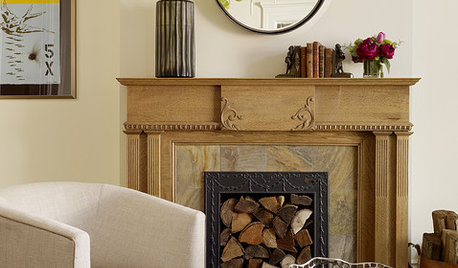
DECORATING GUIDESDownsizing Help: Color and Scale Ideas for Comfy Compact Spaces
White walls and bitsy furniture aren’t your only options for tight spaces. Let’s revisit some decorating ‘rules’
Full Story
MOST POPULARRethinking Beige in a World Gone Gray
Gray, the ‘it’ neutral of recent years, has left beige in the shade. But is it time to revisit this easy-on-the-eyes wall color?
Full Story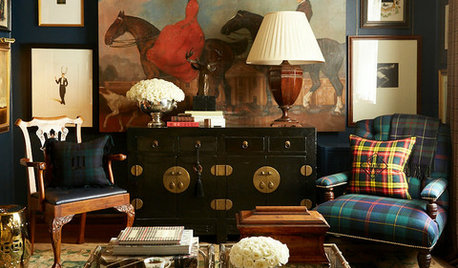
ECLECTIC HOMESHouzz Tour: Personal and Plaid
When it comes to interior design, Scot Meacham Wood wears his heart on his tartan sash
Full Story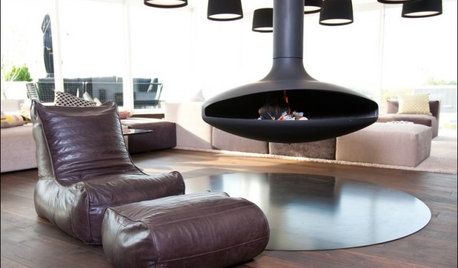
FURNITURE6 Decades-Old Designs That Look Better Than Ever
After getting a few nips and tucks, some favorites from the ’60s and ’70s have made a stylish comeback
Full Story
ORGANIZINGGet It Done: Organize Your Kitchen Cabinets
You deserve better than precarious piles of pots and toppling towers of lids. Give cabinet chaos the boot with these organizing strategies
Full Story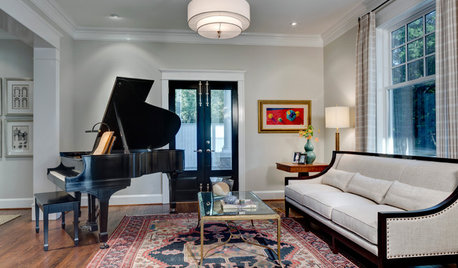
WORKING WITH PROS12 Questions Your Interior Designer Should Ask You
The best decorators aren’t dictators — and they’re not mind readers either. To understand your tastes, they need this essential info
Full Story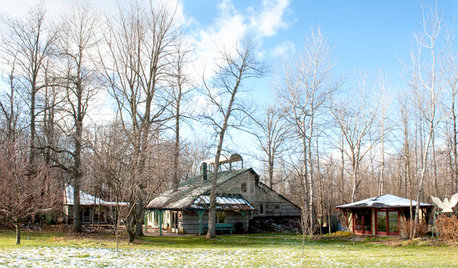
LIFEWhen You're Suddenly Solo at Home
Whether you stay in a home alone or move on, these strategies from professional organizers can help you with the process
Full Story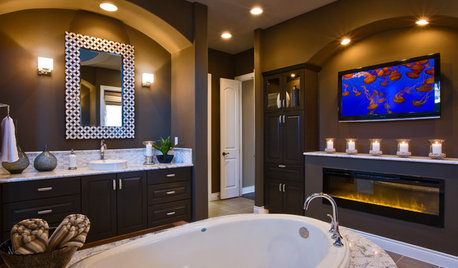
CONTRACTOR TIPSThe 4 Potentially Most Expensive Words in Remodeling
‘While you’re at it’ often results in change orders that quickly add up
Full Story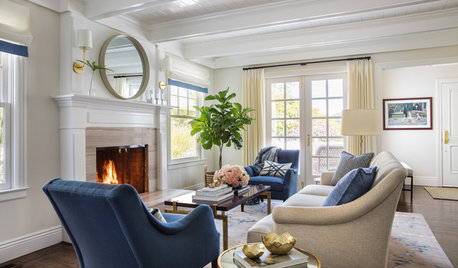
MOST POPULARHow to Work With an Interior Designer
Interior designers do much more than make a home pretty — they turn it into a harmonious haven that's uniquely yours
Full Story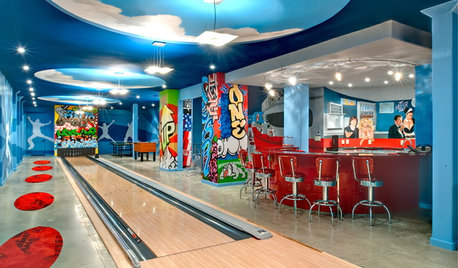
FUN HOUZZHouzz Quiz: What Should You Do With a Basement?
Take our quiz to find out if you should turn your subterranean space into a London pub, a Lego lounge or something else
Full Story


woodnymph2_gw
veerOriginal Author
Related Discussions
Can we revisit crisp, cool sheets?
Q
Who wants to have a book discussion?
Q
hot air sous vide revisited
Q
Cosmetic Fillers and Injectables Revisited
Q
getchellmary_yahoo_com
midwesternmommy
sheriz6
midwesternmommy
carolyn_ky
veerOriginal Author
sheriz6
woodnymph2_gw
veerOriginal Author
christinmk z5b eastern WA
Chris_in_the_Valley
midwesternmommy
woodnymph2_gw
veerOriginal Author
woodnymph2_gw
midwesternmommy
ajpa
ginny12
Chris_in_the_Valley
veerOriginal Author
woodnymph2_gw
midwesternmommy
veerOriginal Author
woodnymph2_gw
midwesternmommy
woodnymph2_gw
veerOriginal Author
woodnymph2_gw
veerOriginal Author
midwesternmommy
charlesryder
woodnymph2_gw
charlesryder
ginny12
woodnymph2_gw
veerOriginal Author
Chris_in_the_Valley
midwesternmommy
charlesryder
woodnymph2_gw
veerOriginal Author
Ron Price
vee_new
woodnymph2_gw
Ron Price
cacocobird
Ron Price
sherwood38